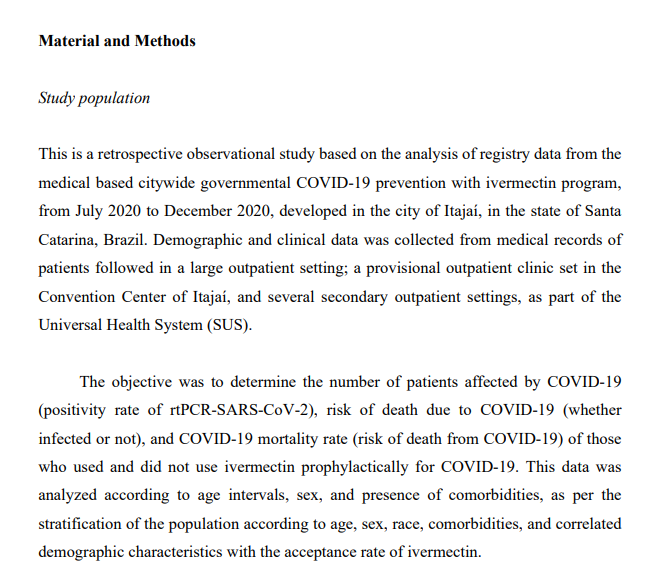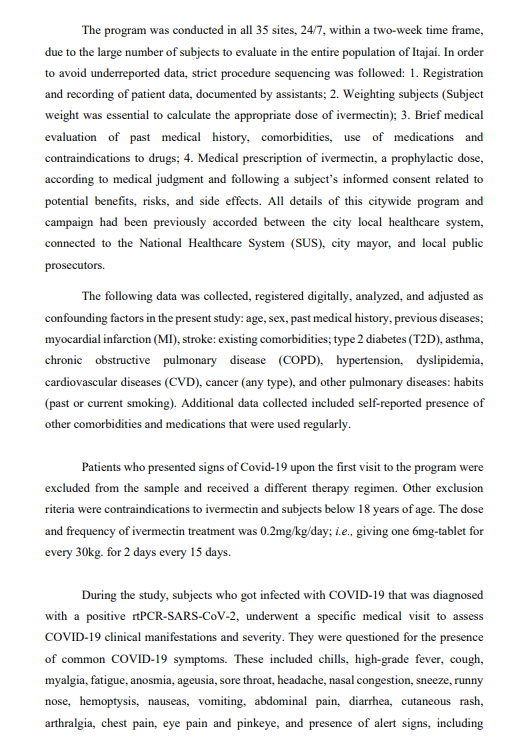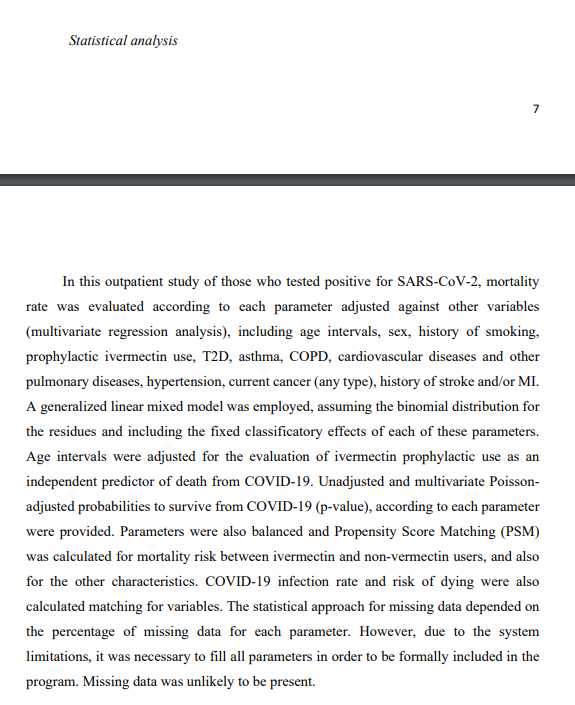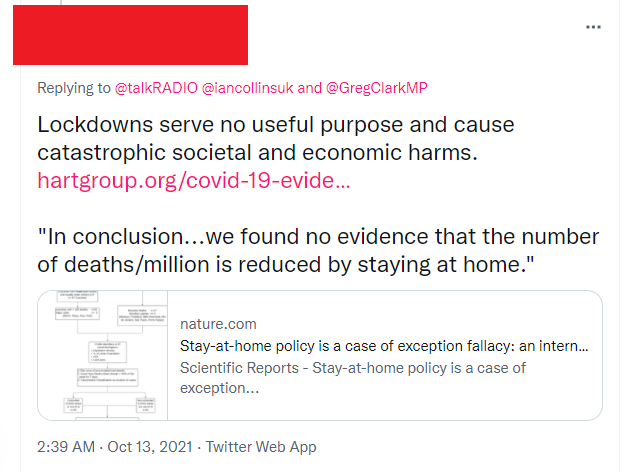
BIG NEWS
The paper has been retracted. Retraction notice not yet online nature.com/articles/s4159…
The paper has been retracted. Retraction notice not yet online nature.com/articles/s4159…
https://twitter.com/GidMK/status/1468349804992286720

Ping @RetractionWatch
Also, worth noting that in this whole process the editors of Scientific Reports have been really good. The faults lie with the system, not individuals, who mostly appear to genuinely care about science and evidence
I'd actually say this is an amazing piece of integrity for the editors - the paper and critiques were sufficiently academic and mathy that they could've just published all the letters and left it at that; instead, they decided the paper was untrustworthy and retracted
• • •
Missing some Tweet in this thread? You can try to
force a refresh
















